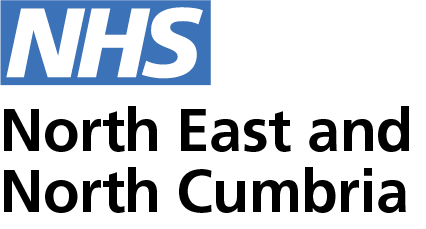NHS invests £1.5m to tackle winter respiratory illness surge
A special service to help patients with lung and breathing problems has been extended for an extra month after helping around 600 patients every day in the region during winter.
North East and North Cumbria Integrated Care Board (ICB) has invested a total of £1.5 million to provide 34 respiratory hubs in the region till the end of February.
Dr Catherine Monaghan, a respiratory consultant and clinical director at the ICB, said: "With flu, RSV and other viruses still adding to the pressure on the NHS, the hubs are a vital extra service in winter. They are helping patients get seen quickly, get diagnosed and have the treatment they need without having to go to hospital.
"Our teams in GP practices and emergency services have been working flat out all winter, so the hubs are helping to reduce some of that pressure. They also help to reduce infections by keeping coughing patients away from crowded emergency waiting rooms. They helped over 35,000 people last year – and it could be even more this time."
The hubs are one of a range of initiatives helping to manage winter pressures on the NHS. Others include enhanced triage at A&Es, so patients are directed to the best care for their needs by a trained clinician; extra community response services to support vulnerable patients outside hospital; and more use of 'virtual wards' so patients can be monitored and cared for in the comfort of their own home where this is appropriate.
The hubs are run by teams of local healthcare professionals, including GPs, linked closely with experts in emergency care, community health, and hospital care. Patients do not book their own appointments, but are referred by their GP practice or NHS 111 when this is the best service for their needs.
Dr Kamal Sidhu is a GP in east Durham, where hubs in Easington and Sedgefield have seen almost 1,000 patients during January. He said: "As our A&Es and hospitals are so busy coping with winter pressures, the hubs are a welcome addition to the support on offer through general practices, and go a long way in easing some of the pressure.
"The extra capacity in our area has been an immense help in providing additional appointments at a time of massive demand at the peak of winter."
Acute respiratory infections occur in parts of the body involved in breathing, such as the sinuses, throat, airways, or lungs. They are especially common in winter and typical symptoms include cough and sore throat, sneezing, runny or stuffy nose, headaches or muscle aches, breathlessness, chest tightness or wheezing, and fever or feeling generally unwell.
Not all patients need to seek medical help for these symptoms and many people can manage these symptoms at home using over the counter medicines, advice from a pharmacy or by contacting NHS 111. The Healthier Together app also offers handy advice for families on common health concerns in children.

